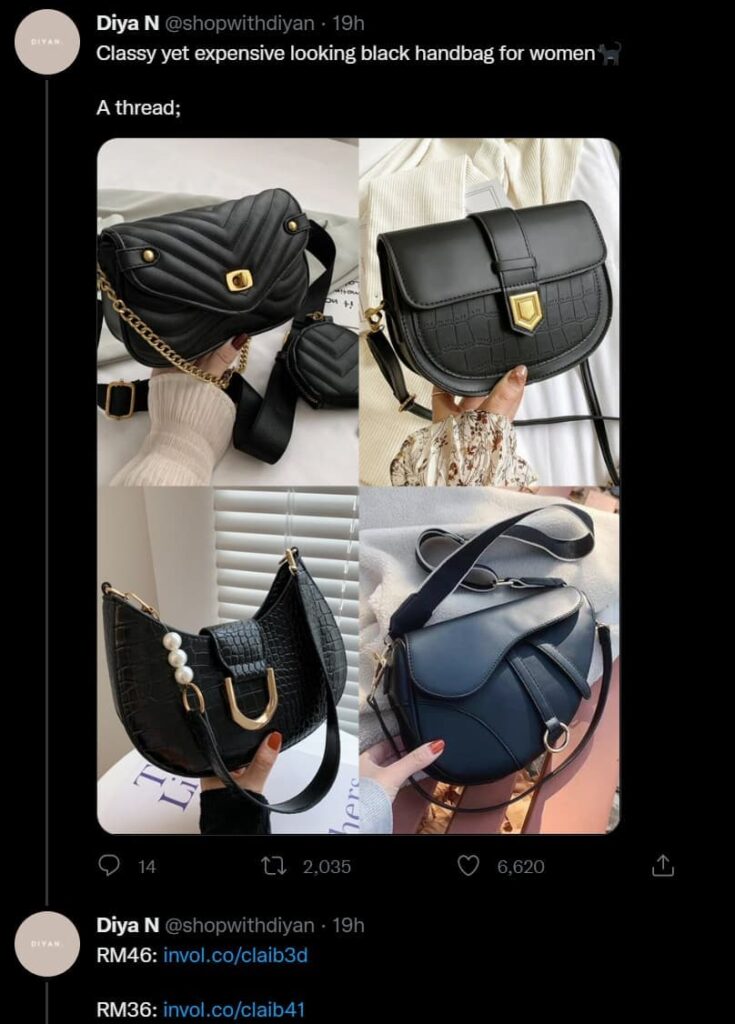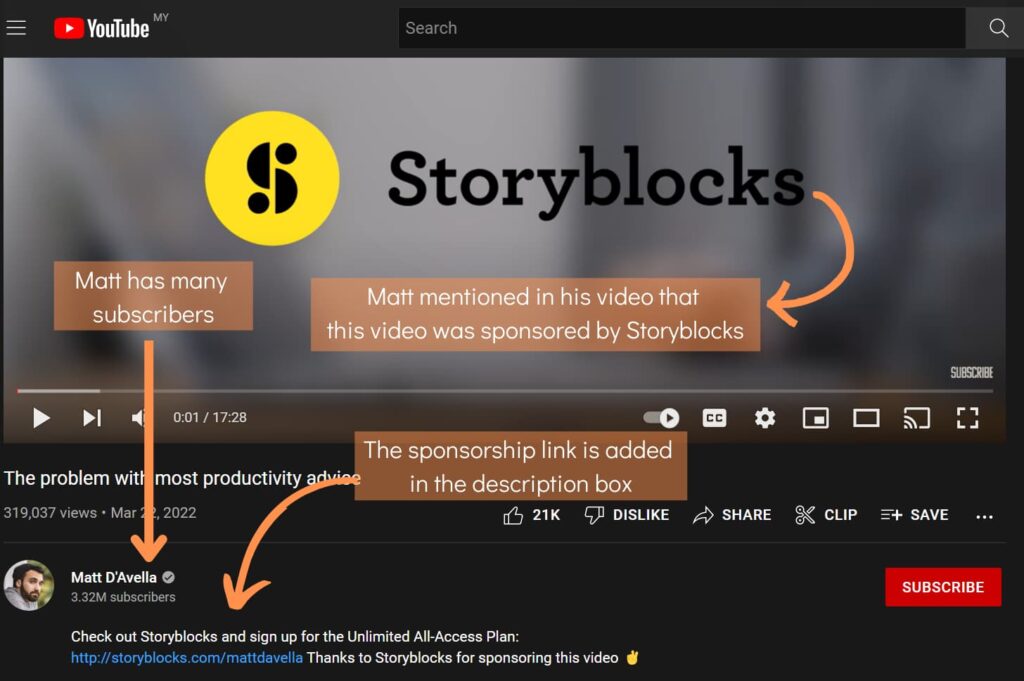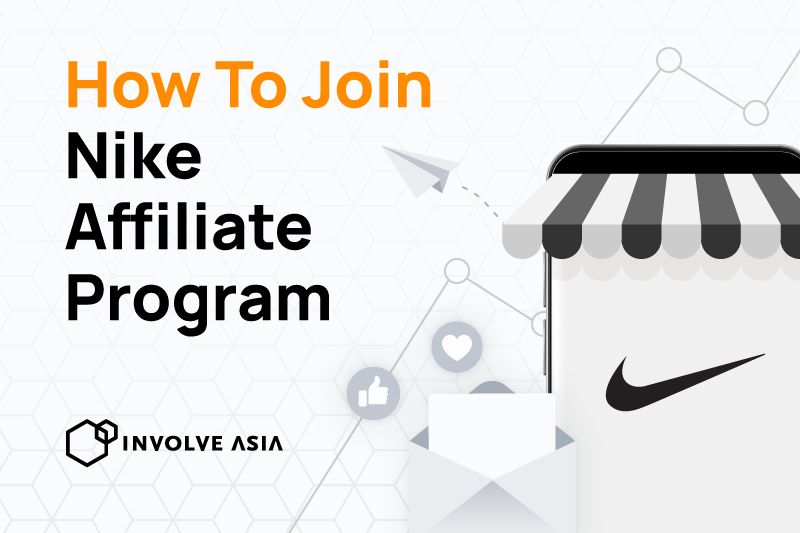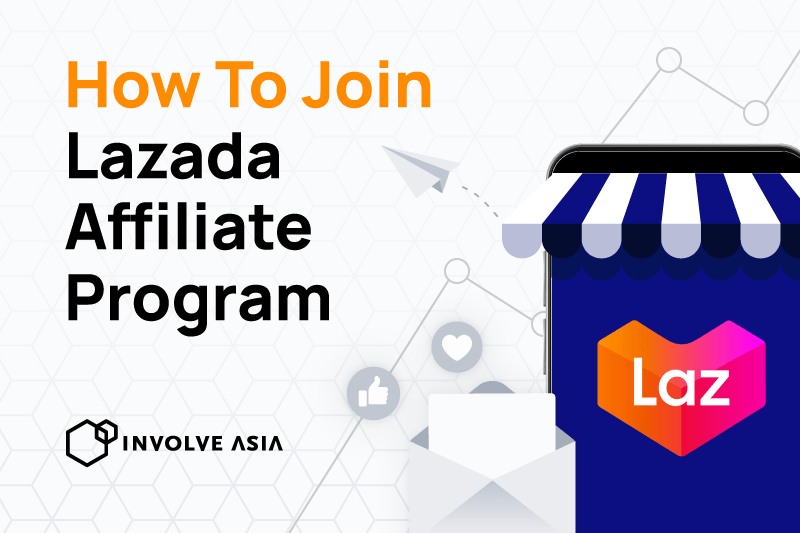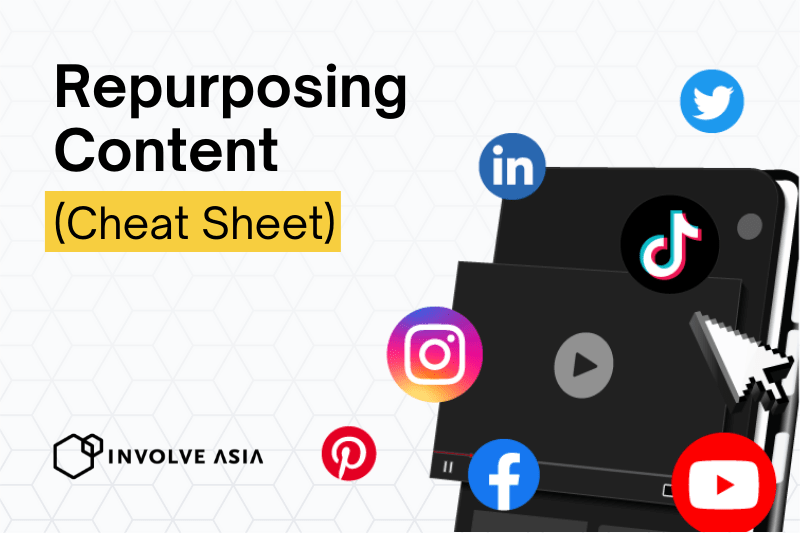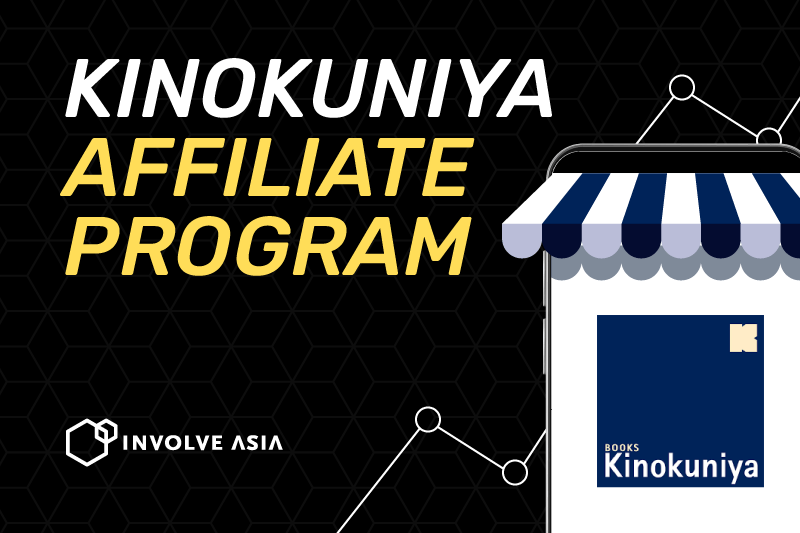Affiliate and Influencer Marketing are growing incredibly popular for businesses to scale their brand awareness and online sales.
You’ve probably seen your competitors implementing these marketing techniques & are killing their online sales. You don’t want your brand to be left behind.
Don’t worry; in this article, we’ll explain:
- What does Influencer & Affiliate Marketing mean
- Learn the differences between the two
- Which one should you start with first?
Let’s get started by first explaining what each is:
What is Affiliate Marketing?
Affiliate marketing is when someone with an online following promotes your online store through a unique link. You will only pay an affiliate commission if a sale has been made through their unique link.
Here’s an example of Affiliate Marketing in action:
@shopwithdiyan – Affiliate Marketing on Twitter
@shopwithdiyan uses affiliate marketing to promote products relevant to her target audience: young ladies. In her tweet, she includes attractive pictures of the product & a short text description of what it is. She then leaves her Involve affiliate link in her thread.
So if anyone clicks on her links & ends up buying within a certain period, she will earn an affiliate commission.
The brand gets more online sales thanks to Diya’s promotional efforts, and Diya can monetize her audience without having to create & sell her product: This is affiliate marketing. A win-win for both parties.
Affiliate marketing, also known as performance marketing, has grown in popularity and is now considered mainstream. According to AffiliateWP, affiliate marketing’s total revenue grows by 10% annually.
Now you understand what Affiliate Marketing is, let’s see the definition of Influencer marketing:
What is Influencer Marketing?
Influencer Marketing is when you reach out and collaborate with influential people in a specific niche to promote your product. Often, there will be payment involved to entice the Influencer to create content about your brand.
For example, Matt D’Avella, a YouTuber that creates educational & inspirational documentary-style videos, has amassed 3.3 million subscribers on his YouTube channel.
Since Matt’s followers watch his videos to get tips on filmmaking & how to become a content creator, many brands in the niche of personal development & digital marketing are highly interested in getting their products mentioned by Matt.
Here’s an example of Storyblocks (a company selling royalty-free assets for content creators) mentioned in one of Matt’s YouTube videos:
Since Matt mentioned upfront in his video that Storyblocks sponsored that particular video, we can assume that he has received some payment from Storyblocks to create the video.
So Storyblocks got some brand awareness from Matt’s audience, and Matt received payment to run his channel. A win-win for both.
But before you start approaching your favourite Influencers, you should know that Influencer Marketing has some drawbacks. Chief among these is that not all influencers will match your product well.
This is so much so that, according to a global survey of marketers conducted in January 2023, 28% of responding social media marketers stated that staying current with social media trends was one of the most difficult aspects of influencer marketing.
In the next section, we will show you the differences between Affiliate & Influencer Marketing in one convenient table:
Differences Between Affiliate & Influencer Marketing
| Affiliate Marketing | Influencer Marketing | |
| Marketing Performance | Trackable with an affiliate conversion. | Vague metrics such as page views (traffic, engagement, follower count). |
| Financial Risk to You | No upfront cost, You only pay for a successful conversion. | You have to negotiate & pay each influencer upfront, which is very tedious. |
| Social Interaction | Almost none – List your brand on affiliate marketing networks, and your manager will connect your brand to the relevant content creators. | You have to negotiate everything individually, conduct research & find someone in your niche. |
Which Should You Do First?
Both Affiliate and influencer Marketing work wonders for your business. But a common question most companies have when deciding which marketing technique to use is which method to start with.
Since Influencer Marketing usually requires some form of upfront payment, this might be tedious & confusing for a new brand.
On the other hand, since Affiliate Marketing requires no upfront commitment, we highly recommend your brand start with Affiliate Marketing first and see how it performs for your online sales, at no financial risk to you.
In fact, thousands of small to large brands have profited greatly with Affiliate marketing.
But wait. Since both Influencer and affiliate Marketing have pros and cons, do you have to be an Influencer to do Affiliate Marketing? Let’s find out.
Can You Do Influencer & Affiliate Marketing Together?
Let’s do some recall:
- Influencer Marketing helps with your brand awareness
- Affiliate Marketing helps you to drive more online sales
- Influencer & Affiliate Marketing can be done simultaneously
Here’s an example of an Influencer & Marketing campaign that Involve has executed in the past, where Involve connected highly relevant Influencers with brands.
The influencer got paid to create content about the product & can earn affiliate commissions for each sale from their promotional efforts.
RiderAth & Trapo (Automotive Niche)
RiderAth is a channel that reviews & discusses all things automotive-related in Malaysia.
Since he managed to attract 76.3K subscribers to his channel, many brands are attracted to collaborate with his channel for a sponsorship campaign.
Involve connected Trapo (a car mat manufacturer) with RiderAth, for a sponsorship opportunity for RiderAth to create a video reviewing their car mats. Simultaneously, RiderAth placed their Involve affiliate link in the video description, where they can also earn an affiliate commission for each sale made through their marketing efforts.
In short, the brand gets more brand awareness without having to create content themselves (the Influencer marketing part) & can potentially increase its online sales (through the affiliate marketing part).
On the other hand, the Influencer gets sponsorship to run their channel & earns an affiliate commission from a successful conversion. Therefore, this combo method allows Influencers to have two solid reasons to promote your brand to their loyal audience—all possible with the help of Involve.
We hope this article has helped clarify the differences between Influencer & Affiliate Marketing.
As mentioned earlier, the best way to start scaling your online sales is with Affiliate marketing. Sign up as an Advertiser below & our managers will get in touch with you:

